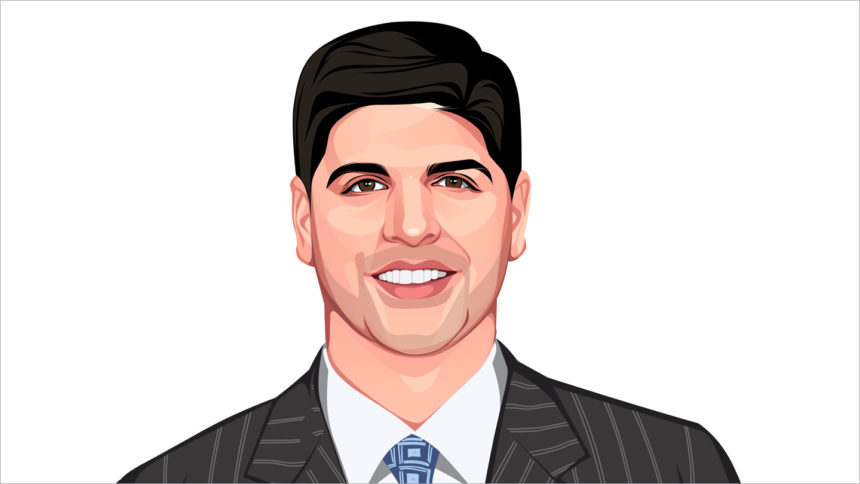
In this age of artificial intelligence, I have often spoken and written about new technologies and breakthroughs in healthcare that can be useful for nursing homes and all healthcare providers alike. But this one could be the mother of them all, and a glimpse of what can come regarding breakthroughs by AI in healthcare.
I’ve spoken about how clinical data in healthcare is and has been harnessed every day for many years. That enormous amount of data can be used in a continuum of increasingly accurate and useful data technology models, starting with statistical categorization (with a machine identifying breast cancer on a mammogram), which increases with further data collection to predictive analytics, and then morphs into the holy grail of healthcare technology and the pinnacle use of healthcare data: machine learning or AI performing tasks of actual physicians into making diagnoses for better outcomes.
But a new breakthrough by Google and its CEO, Sundar Pichai, shows that the fruits of healthcare data analysis, and AI over time, are now coming true. Google has announced a possible AI development that can do a quick eye scan that can predict your risk of heart disease and potentially other medical conditions.
I have often talked about AI in nursing homes, and how in the future, we could hope to see that AI, by harnessing all of the data about an individual and comparing that data with other individuals, could predict things like heart attacks, or even when a resident may fall in a facility. That is quite intriguing for nursing homes and the future of AI, but it seems now the future is actually coming to fruition.
Google is refining the technology and its AI algorithm, and it could be released for practical use soon, the company said. The algorithm it developed could recognize the signs of cardiovascular disease and deliver a diagnosis within seconds, all from a patient’s retinal scan or photos. If and when the algorithm begins to operate independently, this could change the landscape of the use of the eye scan for disease detection and management.
This AI technology has proven in the Journal of Nature Machine Intelligence to have an accuracy rate from 70% to 80% in detecting cardiovascular risk of a heart attack by identifying minute patterns in eye scans linked to cardiovascular disease. “AI can identify heart disease from an eye scan” appeared in the National Eye Institute in January of 2022.
In case that wasn’t enough, Google also discovered that retinal scans also can be used to identify a person’s sex or even their smoking status, all from a quick retinal scan.
Clearly, this raises legal privacy issues for patients, as now more and more information about an individual can be used to tell a story about a patient just from a quick retinal scan. With HIPAA and privacy laws limiting use of biometric identifying information, and state laws like the Illinois Biometric Information Privacy Act limiting use of, among other things, retinal scans, we see the push and pull of privacy entering the AI proliferation game.
On one hand, laws limit (somewhat) retinal scan use, and those limitations could now impair further AI growth and use of retinal health scan technology that could have the result of impeding medical breakthroughs. On the other hand, patients may have a need to foster such AI growth in the use of their retinal scans, for the betterment of medicine as a whole.
This real dichotomy, and scientific conundrum of adherence to privacy vs. advancements in technology with regard to retinal scans specifically, was recognized in a recent study by the Mayo Clinic. “Retinal Scans and Data Sharing: The Privacy and Scientific Development Equilibrium” by Luis Filipe Nakayama MD, et al., appeared in Mayo Clinic Proceedings Digital Health, Vol. 1, Issue 2 (June 2023).
Whatever your position is on privacy, the AI breakthrough is monumental. AI in healthcare seems to be limitless, or at least has a strong positive future ahead, and Google’s new algorithm is evidence of that.
For now, we’ll have to keep an eye on this technology and see if it can be used to improve healthcare for all.
Neville M. Bilimoria is a partner in the Chicago office of the Health Law Practice Group and member of the Post-Acute Care And Senior Services Subgroup at Duane Morris LLP; [email protected].
The opinions expressed in McKnight’s Long-Term Care News guest submissions are the author’s and are not necessarily those of McKnight’s Long-Term Care News or its editors.
Have a column idea? See our submission guidelines here.




